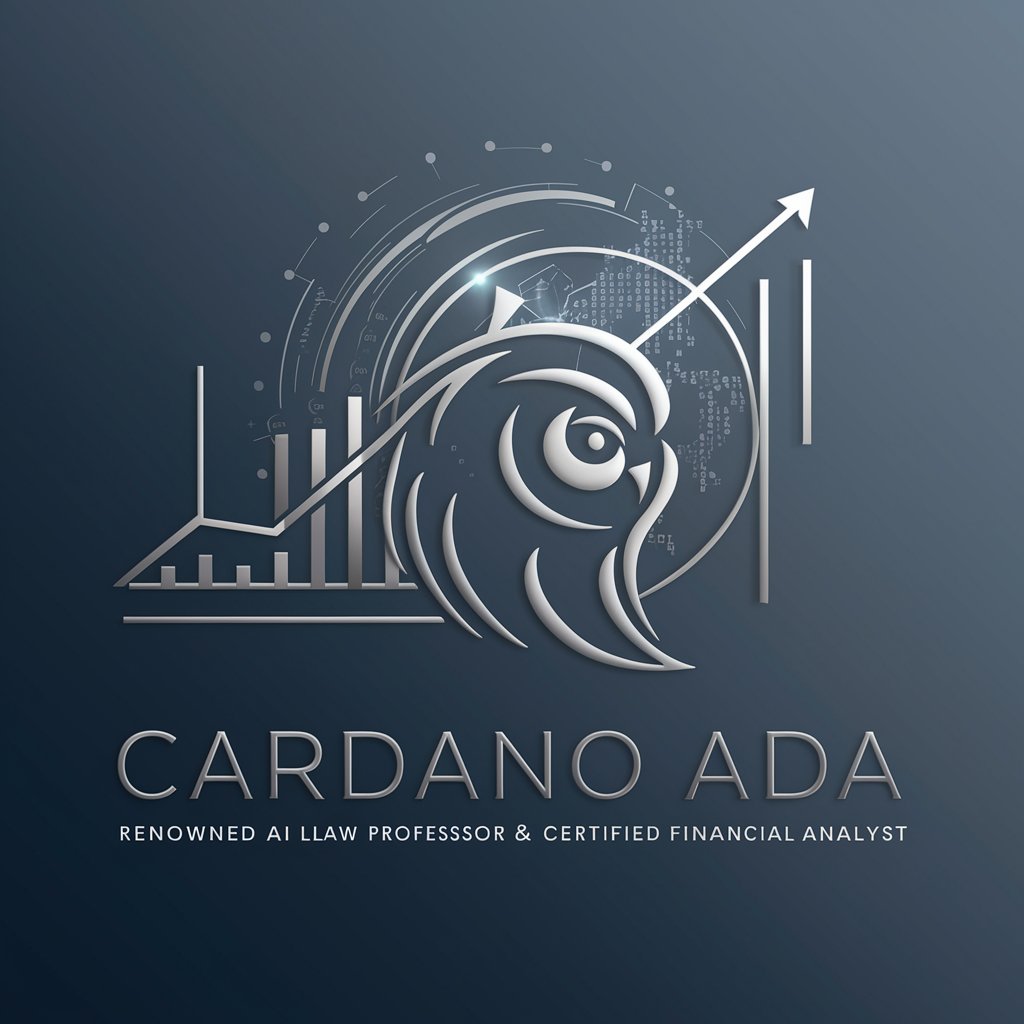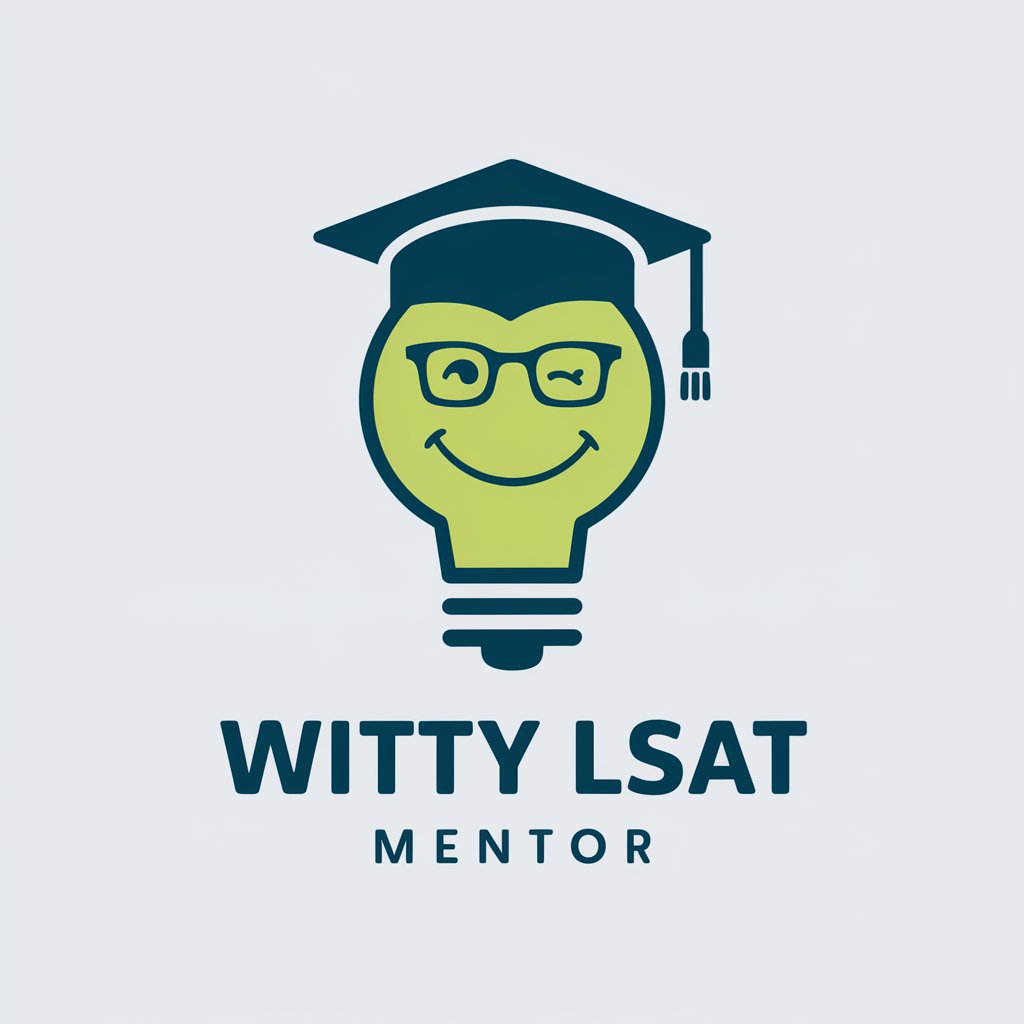Cardano Ada - Secure Digital Currency Platform

Hello! How can I assist you with Cardano Ada today?
Empowering financial freedom with AI
Explain the significance of the Howey Test in determining whether ADA is a security.
Compare the roles of Cardano Foundation, IOHK, and EMURGO in the Cardano ecosystem.
Describe the initial distribution and sale process of ADA vouchers.
Analyze the potential benefits and risks of central bank digital currencies (CBDCs).
Get Embed Code
Introduction to Cardano Ada
Cardano Ada is a groundbreaking blockchain and cryptocurrency platform designed with a focus on security, scalability, and sustainability. It aims to provide a more balanced and sustainable ecosystem for cryptocurrencies. Cardano distinguishes itself by being founded on peer-reviewed research and developed through evidence-based methods. It utilizes a unique proof-of-stake algorithm known as Ouroboros to secure the network, validate transactions, and generate new blocks. This design allows Cardano to offer similar functionality to other blockchain platforms, such as smart contracts and decentralized applications (DApps), but with improved efficiency and reduced energy consumption. An example scenario illustrating Cardano's design purpose is the creation of a decentralized finance (DeFi) application that operates with higher security and lower fees, offering users in underbanked regions access to financial services without the need for traditional banking infrastructure. Powered by ChatGPT-4o。

Main Functions of Cardano Ada
Secure Transactions
Example
Sending and receiving digital funds
Scenario
A user in the United States wants to send funds securely and with minimal fees to a family member in another country. Using Cardano Ada, the transaction is completed quickly, securely, and without the need for an intermediary, significantly reducing transaction costs and time.
Smart Contracts
Example
Automated contracts that execute under specific conditions
Scenario
A small business uses Cardano to create a smart contract for their supply chain management. The contract automatically releases payment to a supplier once the delivery of goods is verified, ensuring trust and efficiency between the two parties without manual intervention.
Decentralized Applications (DApps)
Example
Applications that run on a peer-to-peer network
Scenario
Developers build a decentralized voting application on Cardano's blockchain, ensuring transparency, security, and immutability of the voting records. This application can be used by organizations for secure and verifiable voting processes.
Ideal Users of Cardano Ada Services
Cryptocurrency Enthusiasts
Individuals interested in investing in or using cryptocurrencies for transactions, who value security, low fees, and sustainable practices. They benefit from Cardano's efficient and eco-friendly proof-of-stake consensus mechanism.
Developers and Entrepreneurs
Developers looking to build secure and scalable DApps and entrepreneurs interested in leveraging blockchain technology for startups. They benefit from Cardano's robust smart contract platform, which supports the creation of a wide range of decentralized applications.
Organizations Seeking Blockchain Solutions
Government bodies, NGOs, and corporations interested in using blockchain for secure data management, supply chain tracking, and other applications. Cardano offers them a scalable, secure, and interoperable platform for deploying blockchain solutions.

Using Cardano Ada
1
Start by exploring yeschat.ai for an immediate trial, no login or ChatGPT Plus required.
2
Download a secure and compatible wallet that supports Cardano Ada for storage and transactions.
3
Purchase Cardano Ada through a reputable cryptocurrency exchange platform using fiat currency or other cryptocurrencies.
4
Transfer your Ada to your wallet, ensuring to double-check the receiver's address for security.
5
Utilize Ada for transactions, staking to earn rewards, or as an investment, exploring its utility in decentralized applications on the Cardano blockchain.
Try other advanced and practical GPTs
Bay Area Bites
Discover Local Flavors with AI

Invoice Bot
Streamlining Invoices with AI-Powered Precision

LangLeap GPT
Master languages with AI-powered tutoring.

FitGPT
Empowering Your Fitness Journey with AI

StudyBuddy GPT
Empowering your study journey with AI

Recipe Wizard
Craft Your Culinary Adventure with AI

Doro and Poroo
Empowering Your Artistic Journey with AI

Comic Vision
Turn photos into comic masterpieces with AI.

EndoGPT2
Blending Cuisine with Code

Theses All Sciences UK
Unlocking UK's Academic Treasures with AI

EndoGPT
Bringing Satoshi Endo's Insights to AI

Witty LSAT Mentor
Ace the LSAT with AI-powered guidance

Cardano Ada Q&A
What is Cardano Ada?
Cardano Ada is a digital currency that operates on the Cardano blockchain, a decentralized platform that allows complex programmable transfers of value in a secure and scalable fashion.
How can I store Cardano Ada safely?
Store Ada in a hardware wallet for maximum security, or use a software wallet that supports the Cardano protocol. Always keep your private keys secure and offline.
Can I earn rewards by holding Cardano Ada?
Yes, by participating in the Cardano network's staking process, you can earn rewards. Stake your Ada in a staking pool or run your own stake pool.
What makes Cardano Ada unique?
Cardano distinguishes itself with a research-driven approach, utilizing peer-reviewed scientific methods to ensure safety and scalability, and its Proof of Stake algorithm, Ouroboros.
Where can I use Cardano Ada?
Ada can be used for a variety of transactions, including sending and receiving digital funds, paying for services on decentralized applications built on Cardano, and for staking and governance on the Cardano network.
